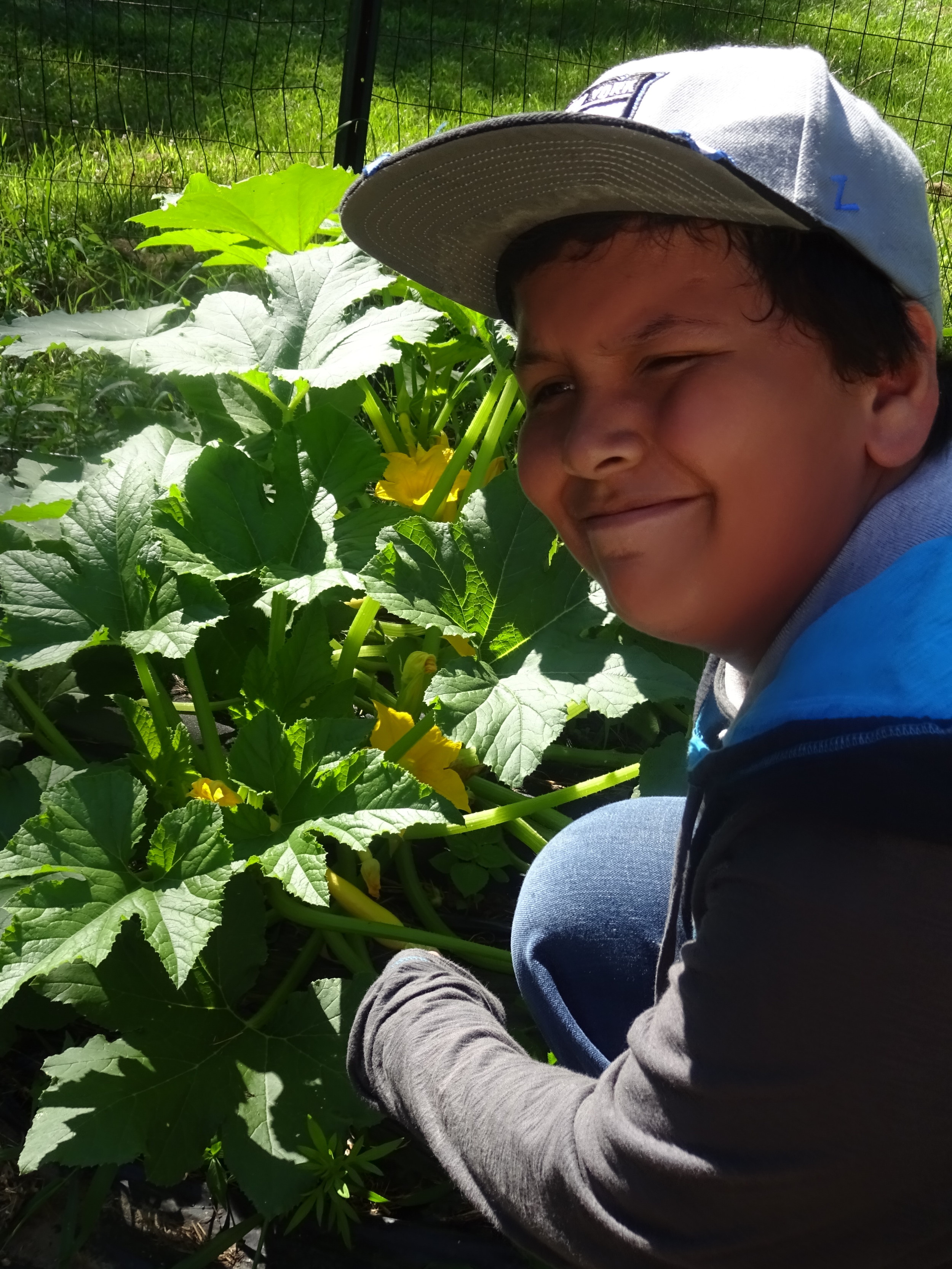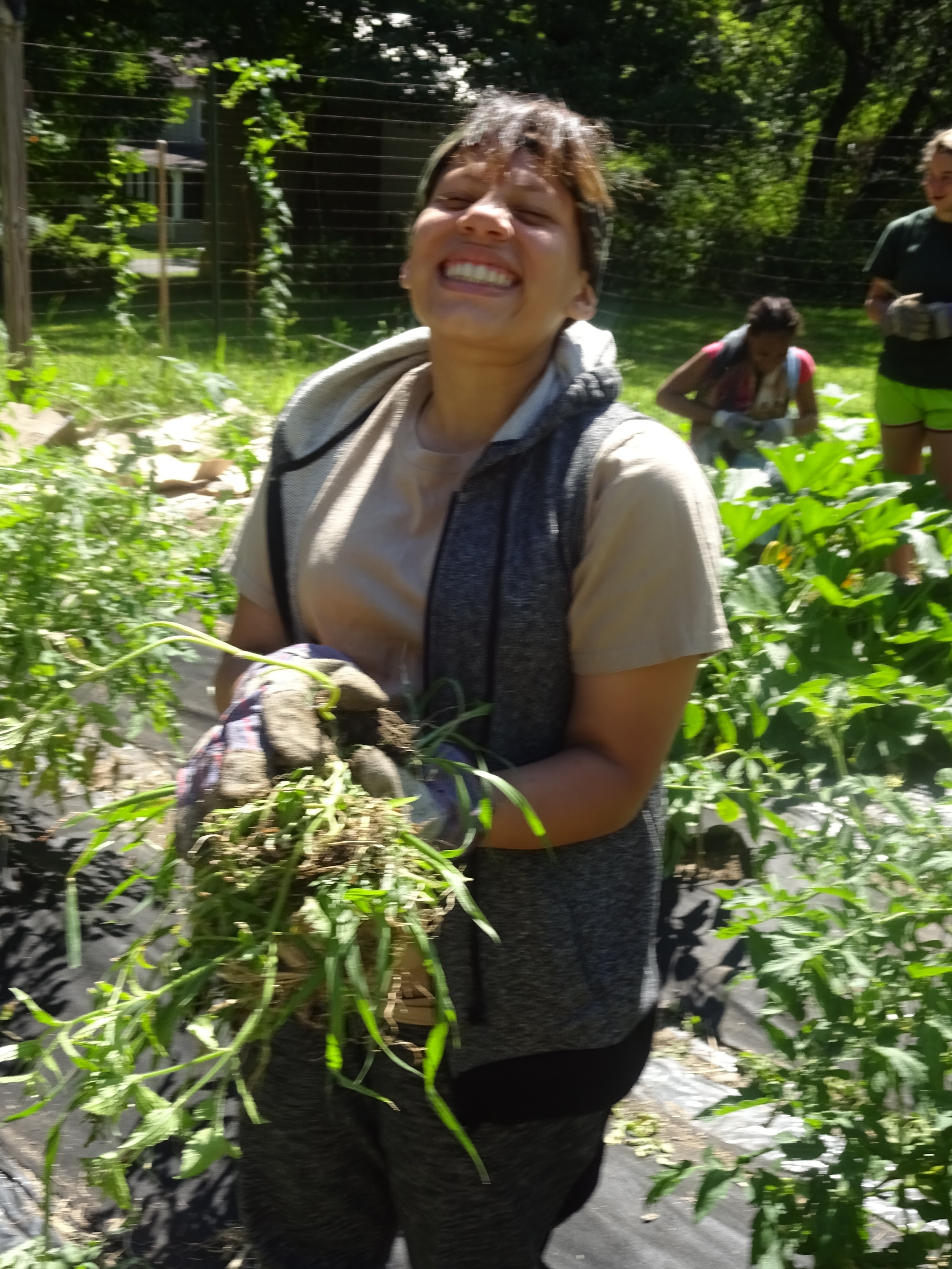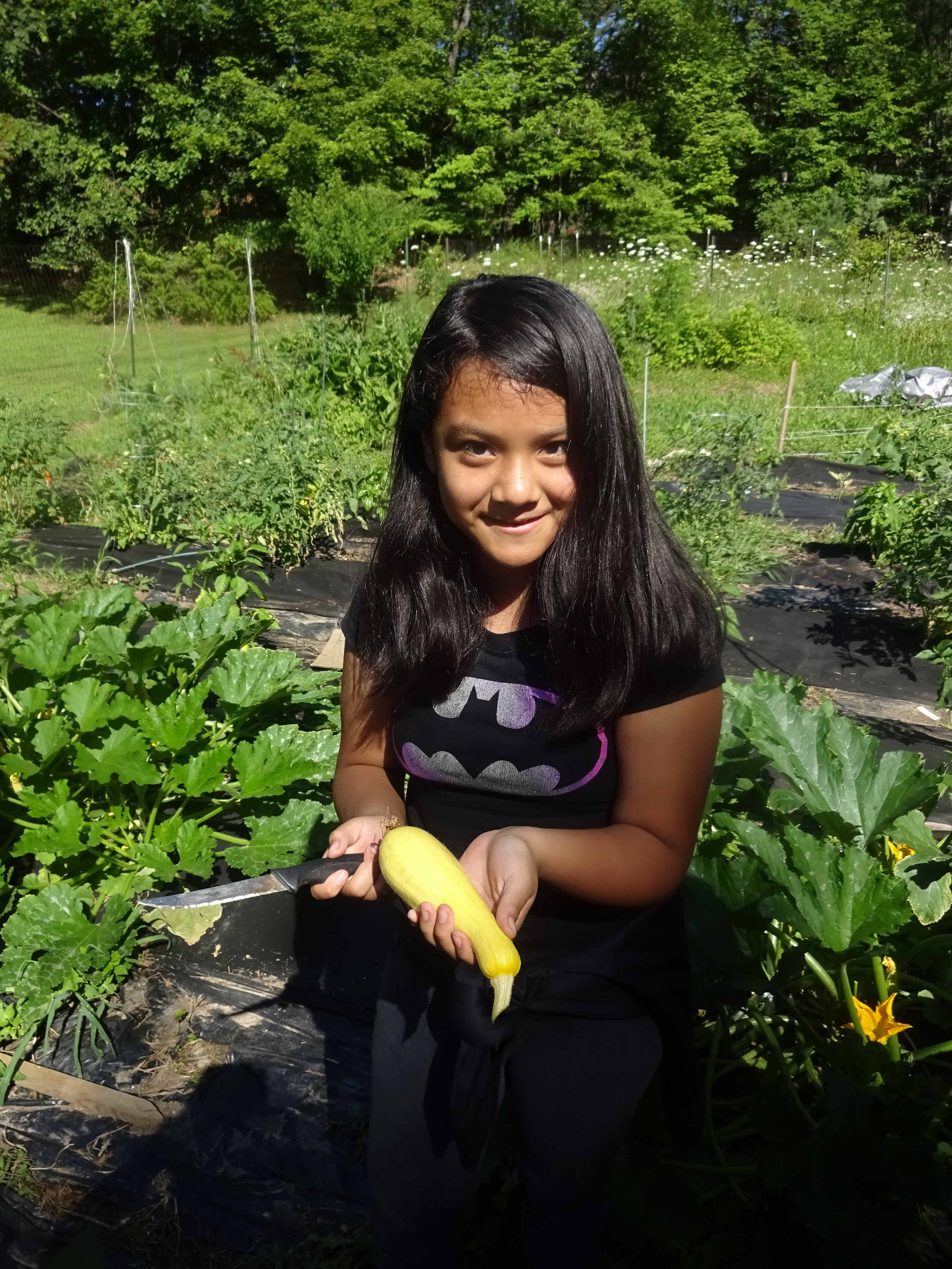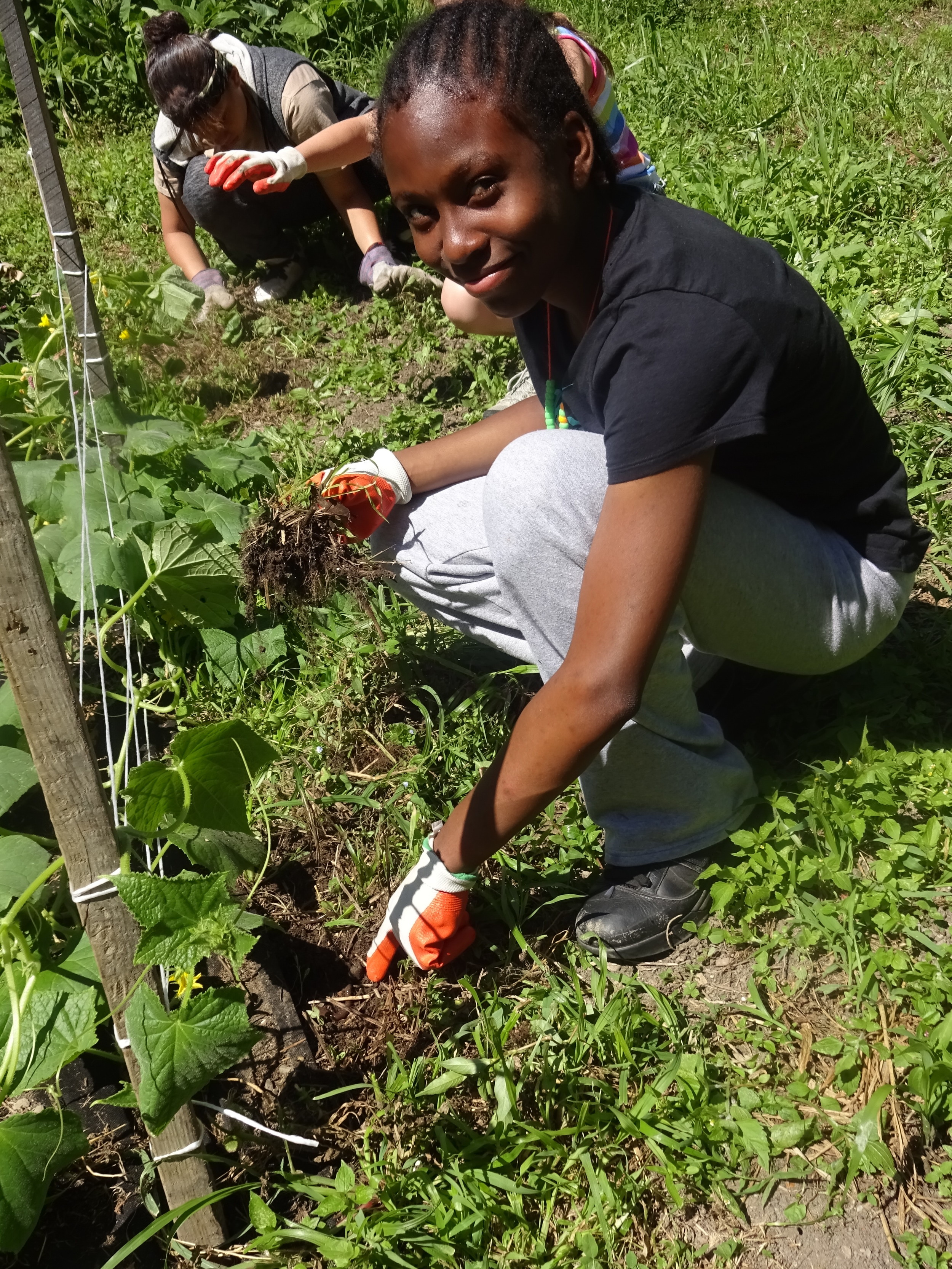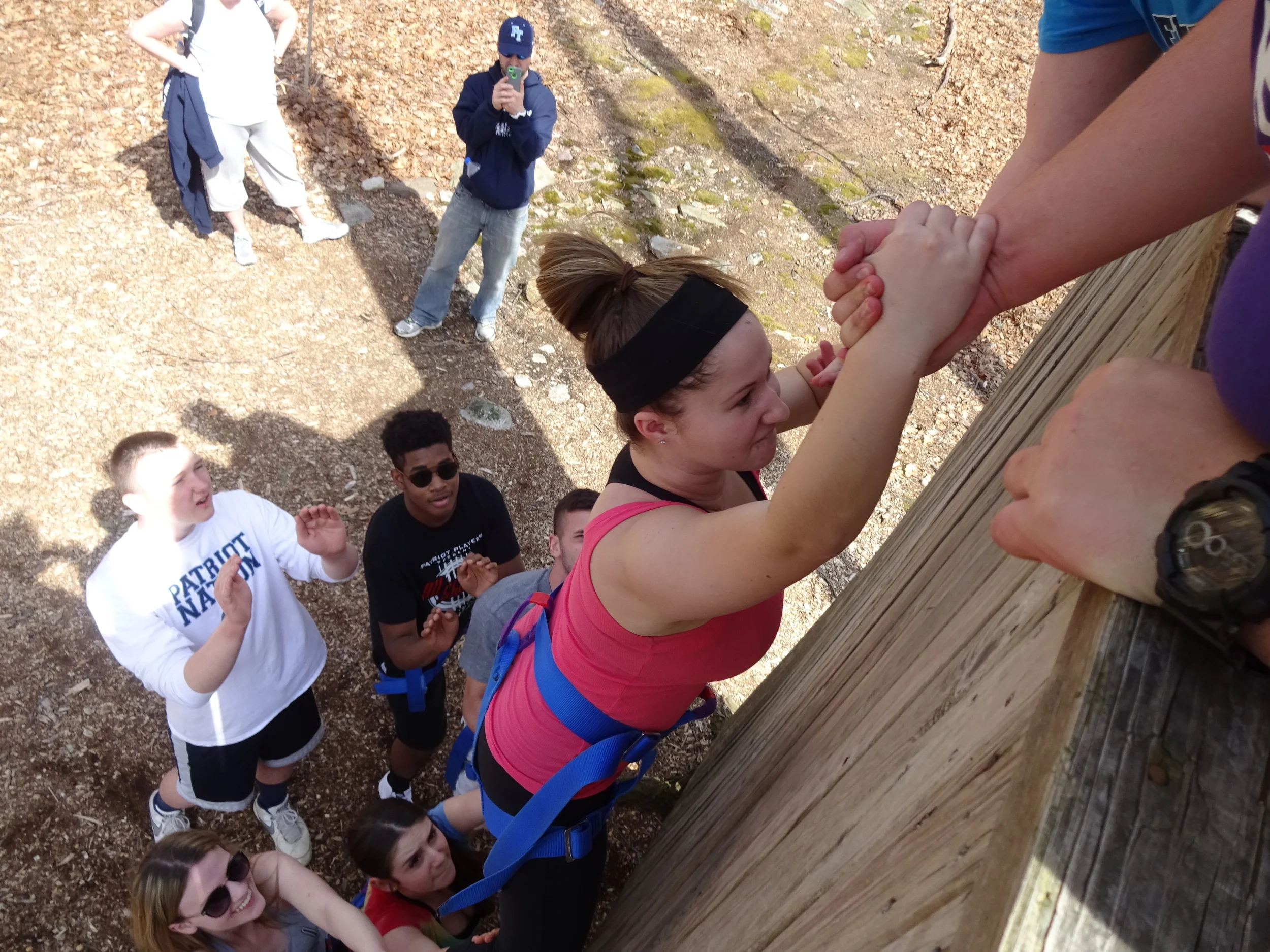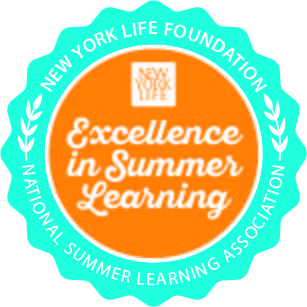“It has been quite challenging and very satisfying to learn, teach, and grow while walking the forests of the Princeton-Blairstown Center. ”
Sustainability
The Princeton-Blairstown Center has a deep commitment to sustainability and strives to live and model energy consciousness and resource conservation. Our goal is to develop a sustainable means of living at our Blairstown Campus, which will inspire others to take this philosophy back to their homes, schools, agencies, and communities.
In 2017, PBC joined the New Jersey Sustainable Business Registry. In 2018, Egner Lodge, the Center's dining room, became a Level 3 Certified Green Restaurant by the Green Restaurant Association. Staff and young people are trained in the concepts of Leave No Trace. The core value of sustainability guides decision-making throughout our Blairstown Campus Programs. In 2019, the Center started a Sustainability Task Force to develop strategies to move the organization toward a more sustainable future.
Reduced Energy Consumption
Installation of low water use flushometers;
Installation of low-flow shower heads;
Use of 1.07 gpm dish sprayer;
Use of Energy Star appliances: ice machine, convection over, printer;
Use of programmable thermostats in most buildings;
Installation of occupancy sensors in most buildings;
Serving one meal each day with a vegetarian main course;
Installation of new HVAC system in Egner Lodge (2017) through NJ Clean Energy Program;
Installation of a new oil-fired boiler (85% efficiency) in Egner Lodge (2018) through NJ Clean Energy Program;
Installation of low-flow aerators in all faucets through NJ Clean Energy Program;
Relamp/reballast for LED lighting (2017 & 2018) through NJ Clean Energy Program;
Installation of new fans in Egner Lodge for cooling (2020);
Installation of a bottle filling station in Danielson Lodge (2020) and two in new Lakeside Wash House (2021); and
Installation of walk-in cooler/freezer evaporator fan controls and electronically commutated motors and electric defrost control (2023) through NJ Clean Energy Program.
Alternative Energy Generation
New sustainability signs were developed in 2020. They were placed around Campus in 2022 and 2023 to share information about different sustainable energy initiatives.
In 1984, the Center added a hydrogenerator system located at the base of the Bass Lake Dam thanks to the efforts of Princeton University alum Walt Hallagan ’79 and his crew of collaborators. Redesigns and updates to the electrical panel and turbine have been completed in recent years to return the hydrogenerator to operational status after a few years of idleness. When conditions are optimal, this system generates between three and four kilowatts of power daily. This system generates some of the power needed to meet the electrical needs of the day-to-day operations of the Center.
From 2007-2023, the Center had a 10KW solar panel system to the south facing side of Egner Lodge’s main roof. Over the years 84,196.49 kg of CO2 were avoided. In the fall of 2023, the original system was replaced with a 34.8KW system. Additionally, a 12.9KW system was installed on the Johnson Apartments. To learn more, visit the following link to see metrics about Princeton-Blairstown Center's solar panel energy production.
In 2019, the Center added a geothermal water pump system to cool and heat Danielson Lodge. This is a closed-loop system with fluid circulating through underwater piping that absorbs Bass Lake’s heat, though no water is actually removed from the lake. This system is considered the most economical of all geothermal designs as it burns no fossil fuels for heat and releases no pollutants.
In 2020, the Center installed two electronic vehicle charging stations thanks to a partial grant from the State of New Jersey. The chargers were added to encourage employees to purchase and drive electric vehicles. It also enables chaperones and adult participants who drive electric vehicles to drive them to Blairstown.
Reduced & Recycled Waste Production
The Center’s kitchen composts pre-consumer and post-consumer food scraps, paper towels, and paper napkins - in 2022, over 770 pounds of food waste was composted;
Electronics and batteries are recycled;
The t-shirts and hoodies for sale in our store are made from post-consumer plastic bottles;
Whenever possible, biodegradable paper products are used in place of plastic disposables, including plates, bowls, and napkins (Greenware);
All program and private residences recycle as much as possible including cardboard, steel, paper, glass, aluminum, and plastics; and
Silicone food storage bags purchased to reduce use of single use plastics in kitchen.
Organic Gardening
Vegetable harvest from the Center’s garden, August 2020
Gardening has been a part of the Center's history for many years. Over time the Center has switched from synthetic fertilizers to using only organic products to set the soil for optimal growing conditions. The garden size increased by 25% in 2009 to help reduce food costs and produce healthy organic foods.
In 2023, the Center’s garden produced 254 pounds of organic vegetables including lettuce, celery, cucumbers, swiss chard, tomatoes, zucchini, yellow squash, and beans.
From 2020 to 2023, the Center installed and expanded a pollinator garden. Without pollinators, we would have a third less food to eat. However, pollinators like hummingbirds, butterflies, moths, bees, flies and beetles are quickly losing their food sources.
Reduced Carbon Footprint
In 2023, the Center purchased 200 pounds of fruits and vegetables from local farmers and utilized 900 pounds of rescued food donated to the NORWESCAP Food Bank. The Center teaches students about the value of composting and in 2023 between the kitchen and dining room, the Center composted 1158 pounds of food scraps.
Science, Technology, Engineering, and Math (STEM)
Starting in 2015, as part of our Summer Bridge Program, we began teaching daily STEM classes to all students. Since 2021the thematic focus has been food justice with activities including soil and water testing, community gardening, and environmental activism. In 2021 and 2022 signs were created and installed throughout the Center to educate all students, chaperones, and staff about the Center’s sutainability initiatives.
Building & Property Maintenance
Near total elimination of pesticides through an Integrated Pest Management program;
Use of aeration equipment and elimination of fertilizers; and
Replacement of oil-based paints and stains with acrylic and water-based products.
Purchase of new mattresses made of recycled plastic bottles and bags that can be recycled at the end of their lifespan instead of going into a landfill.




